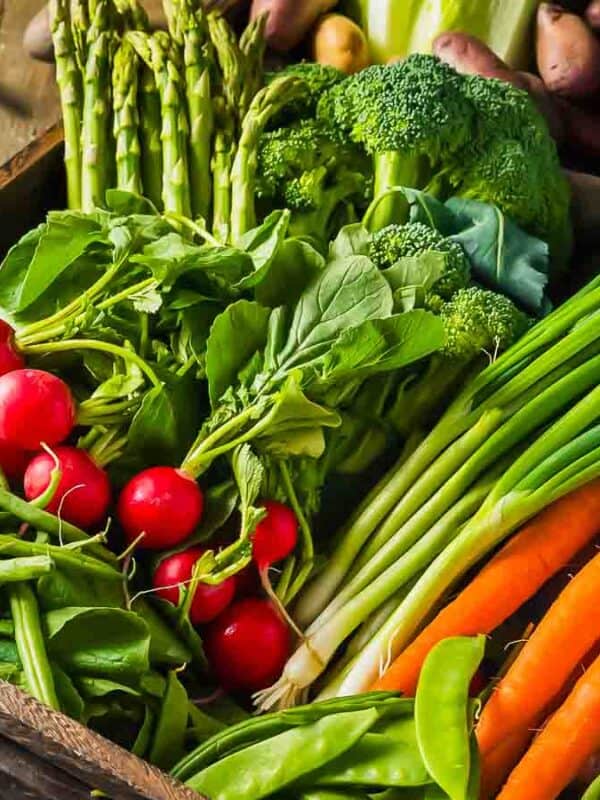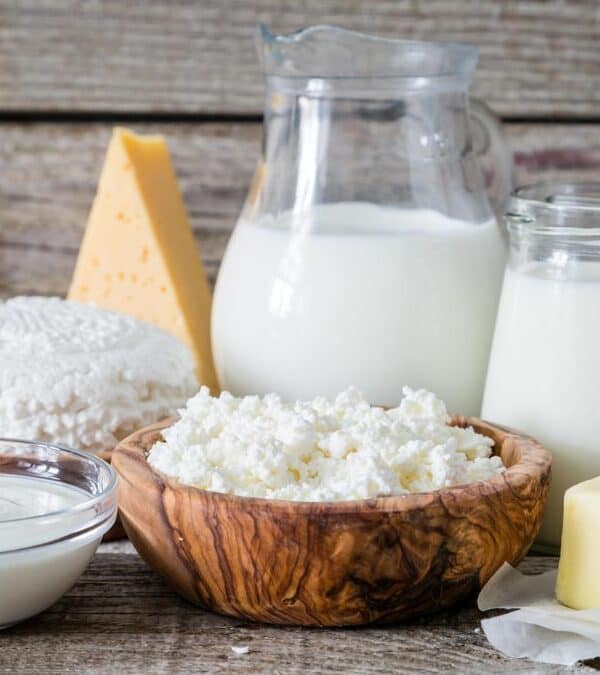Ever wonder why your gut feels happier after some yogurt or why kombucha is all the rage? It’s all thanks to the magic of fermentation. This process not only makes foods last longer and taste better, but it also loads them up with probiotics, those good bacteria your body loves. Let’s get into why fermented foods are a must-try and how they can up your health game, plus some simple recipes to get you started.
*The content of this article is not intended as medical advice
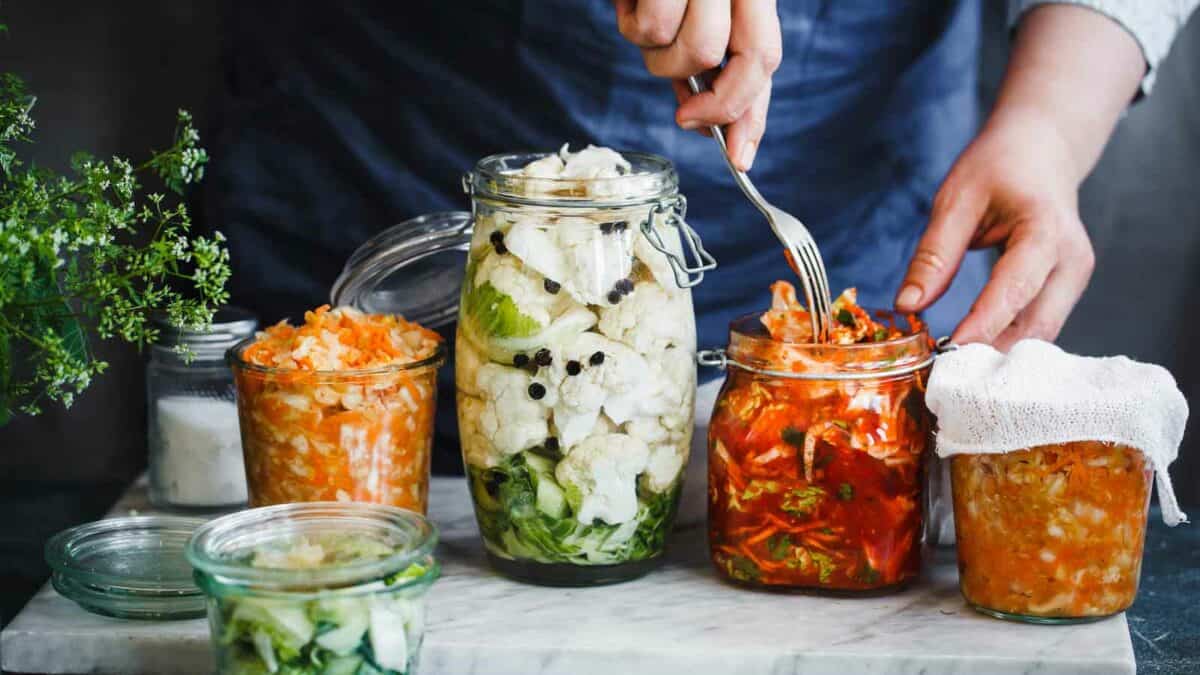
Help Restore Gut Health After Antibiotics

Antibiotics can be lifesavers in fighting off infections but they often leave a trail of disruption in their wake, especially within the delicate ecosystem of our gut. This disturbance can lead to digestive woes, from diarrhea to more nuanced imbalances.
Fermented foods come to the rescue by replenishing the gut with beneficial bacteria, helping restore balance and promote digestive health. Pairing these probiotic-rich foods with a fiber and plant-heavy diet creates the perfect environment for your gut microbes to thrive and bounce back stronger than ever.
Aid Your Body’s Natural Digestion

Fermented foods taste delicious but they’re also your digestive system’s allies, aiding your body’s natural ability to break down complex carbohydrates. This fermentation process not only simplifies digestion but also generates beneficial by-products that contribute to overall health.
To truly nurture a diverse and robust gut microbiota, incorporating soluble fiber from beans, oats, and oranges is key. While insoluble fiber from whole grains is healthy, it’s the soluble type that’s pivotal for enhancing the diversity and efficacy of your gut bacteria, making every bite count towards better digestion.
Increase the Good Bacteria

Eating fermented foods is like giving your gut a squad of tiny defenders. Every day, we run into bad bacteria, but we don’t always get sick, thanks to the good bacteria in our gut. These good guys produce acid that lowers the pH in our intestines, making it tough for the bad bacteria to survive. They also fight for food and space, blocking out harmful bacteria, and even produce their own natural antibiotics. So, by enjoying fermented foods, you’re keeping your gut’s defense system strong and ready for action.
Help Your Body Make Vitamins

Fermented foods do more than just add a tangy twist to your meals; they’re also a secret weapon for vitamin production. Thanks to the good bacteria found in these foods, your body gets help making essential vitamins like B1, B2, B3, B5, B6, B12, and K.
Support Better Immune Health

Eating fermented foods can play a big role in building a strong immune system. The probiotics in these foods, or good bacteria, set up shop in your intestines and get to work producing vitamins and crowding out harmful bacteria. They also generate short-chain fatty acids that keep the lining of your digestive tract healthy, making it tougher for bad bacteria and viruses to take hold. So, by including fermented foods in your diet, you’re directly supporting your body’s ability to fend off illness.
Help Reduce Inflammation

Fermented foods might just be the key to calming inflammation in your body. Inflammation isn’t all bad – it’s your body’s way of protecting itself against things like infections and injuries. But when it sticks around longer than necessary, it can start causing harm to your healthy cells and tissues. That’s where fermented foods step in. Thanks to the fermentation process, these foods are rich in natural anti-inflammatory compounds that help dial down chronic inflammation. Regularly including these in your diet could be a straightforward strategy for keeping inflammation in check and protecting your long-term health.
Lower Your Risk of Chronic Disease

Fermented foods pack a powerful punch when it comes to lowering the risk of chronic diseases like heart disease, type 2 diabetes, and arthritis. Thanks to their inflammation-reducing powers, these foods go beyond just being tasty. They’re loaded with probiotics that not only support heart health by slowing down plaque development but also play a role in managing cholesterol levels and blood pressure. Studies suggest that the antioxidants and anti-inflammatory benefits of fermented foods can also help keep prediabetes and type 2 diabetes at bay by improving blood glucose levels and insulin sensitivity. So, incorporating fermented foods into your diet could be a smart move for your overall health.
Improve Mental Health

The link between our gut and our brain is stronger than you might think, with our digestive health playing a key role in our mental well-being. Fermented foods, rich in probiotics, are champions in this connection, offering potential benefits that extend to our brain functions such as memory, mood, and even anxiety and depression management. Research has found that imbalances in our gut bacteria can be linked to various mental health issues, including depression and anxiety. By regularly including fermented foods in your diet, you’re not just feeding your gut with beneficial bacteria but also supporting your mental health through their brain-protective qualities.
Our Favorite Fermented Foods

Now that we’ve explored the incredible benefits fermented foods can bring to your health, from boosting digestive well-being to enhancing mental health, let’s dive into some of our favorite picks. These fermented wonders pack a flavorful punch and come loaded with the probiotics and nutrients your body loves.
Kefir

Kefir is a tangy, yogurt-like drink teeming with probiotics. It’s made by fermenting milk with kefir grains and boasts a creamy texture. Perfect as a smoothie base or on its own, kefir is a gut-friendly addition to your daily routine.
Enjoy it in This Recipe: Kefir Ice Cream
Kombucha

This fizzy, fermented tea is a favorite for its gut-health benefits and unique taste. Kombucha undergoes a fermentation process that infuses it with beneficial bacteria, making it a refreshing way to support your microbiome health. Hard kombucha drinks are even becoming popular now!
Get the Recipe: How to Make Kombucha
Sauerkraut

Made from fermented cabbage, sauerkraut is crunchy, tangy, and rich in probiotics. It’s a versatile condiment that you can use on so many different meals from hot dogs to salads and support your digestive health while enjoying it!
Get the Recipe: Red Cabbage Sauerkraut
Fermented Veggies/Kimchi

Fermented veggies, including the spicy Korean side dish kimchi, are not only flavorful but also a powerhouse of nutrients. They improve digestive health, add a burst of flavor to any meal, and are a great way to get into fermented foods. Making your own is so simple and will save you tons of money.
Get the Recipe: How To Ferment Veggies
Tempeh

Tempeh is a fermented soy product that’s a staple in vegetarian diets for its high protein content and nutty flavor. Its fermentation process makes it beneficial for your gut and a hearty addition to any meal. Even if you’re not vegetarian or vegan, tempeh is a filling and delicious protein to incorporate in your meals once you know how to prepare it.
Get the Recipe: Marinated Bakd Tempeh
Miso

Miso is a rich, savory paste made from fermented soybeans and at the heart of Japanese cuisine. It adds depth to soups, marinades, and dressings, all while offering gut health benefits with its probiotic content. Making a simple sauce to coat chicken with is one of our favorite ways to enjoy the perks of miso paste.
Get the Recipe: Maple Miso Chicken
Sourdough Bread
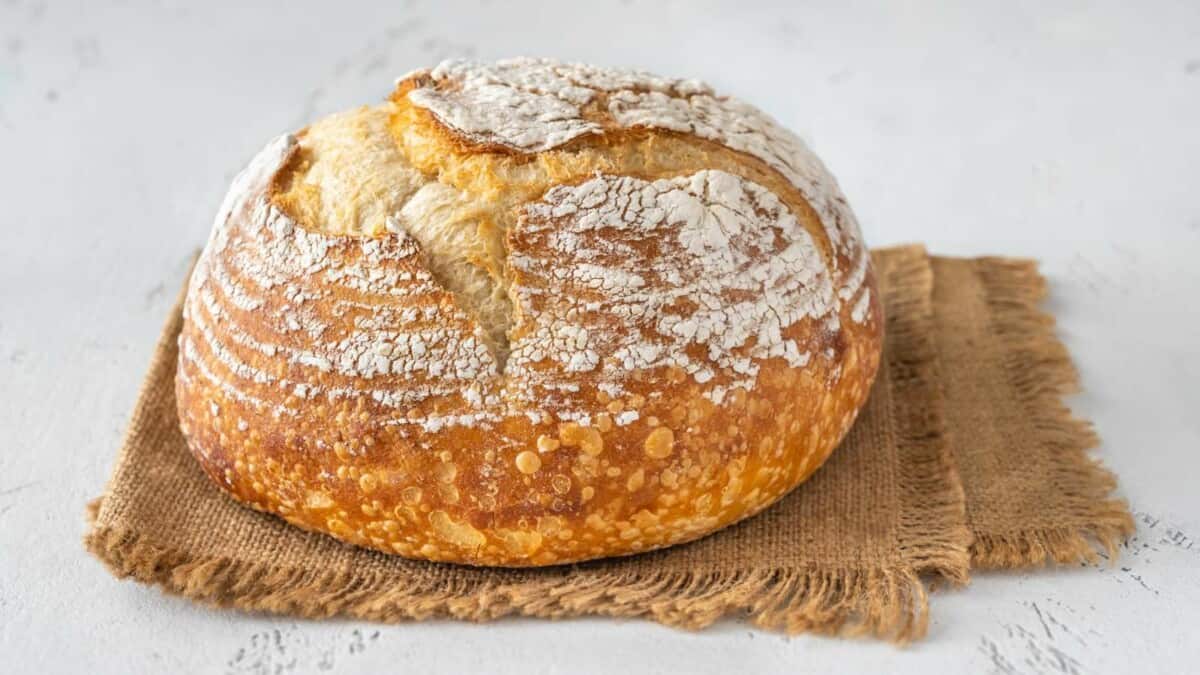
Unlike regular bread, sourdough undergoes a fermentation process that not only gives it a unique tangy flavor but also makes it easier to digest. It’s a healthier, gut-friendly alternative to your typical loaf. You can make your own or buy it but be careful with store-bought sourdough as most of it is “fake” sourdough. Sourdough ingredients should include flour, water, salt – that’s it. If you see yeast or other ingredients in there, it’s not a truly fermented loaf.
Get the Recipe: Sourdough Bread
Eat These 12 Superfoods To Transform Your Health
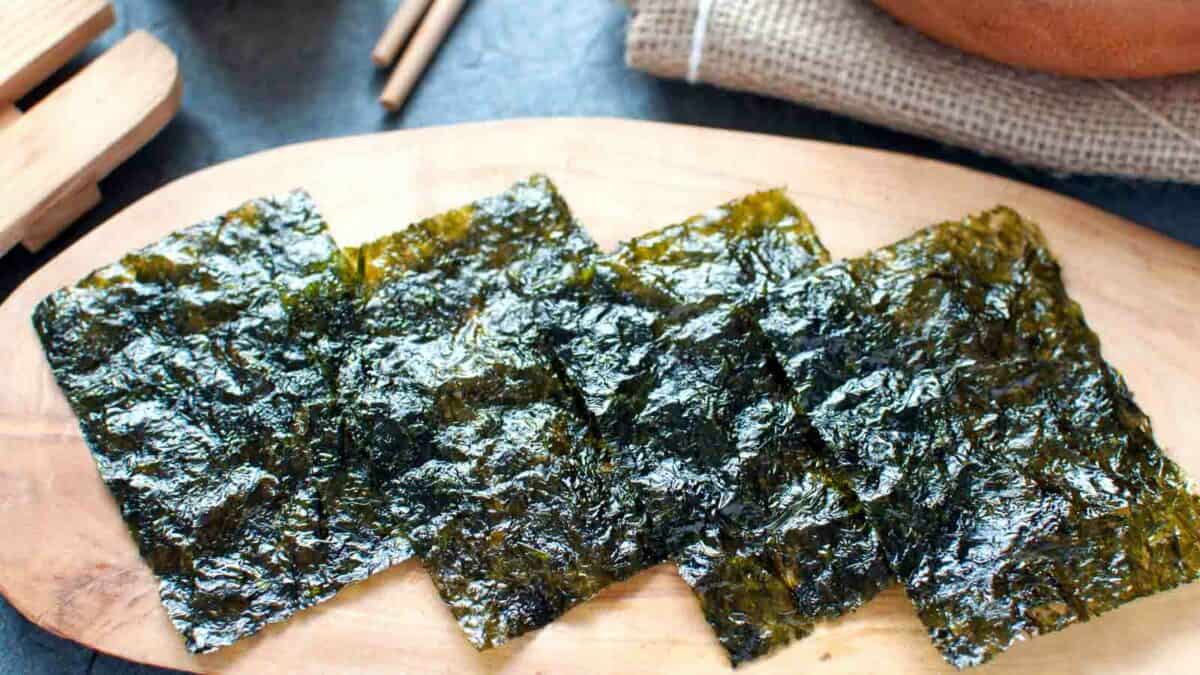
If you’re looking to give your health a serious boost, you may want to consider adding some superfoods to your diet. These 12 superfoods pack a punch when it comes to vitamins, minerals, and other nutrients that can kick your health into high gear. And don’t worry, we’re not just talking about kale and spinach; there are some surprising and delicious items on this list that’ll make your transformation an enjoyable experience.
See Them Here: Eat These 12 Superfoods To Transform Your Health
Say Goodbye to Expensive Probiotics with These 11 Cheaper Food Options

If you’ve been pouring money into probiotics, we’ve got some news for you. There’s a whole world of foods out there that can give you the same gut-loving benefits without breaking the bank. Let’s take a look at 11 budget-friendly alternatives to those pricey supplements, so you can keep your gut happy and your wallet even happier. Ready to make the switch?
Read it Here: Say Goodbye to Expensive Probiotics with These 11 Cheaper Food Options
Select images provided by Depositphotos.
Gina Matsoukas is an AP syndicated writer. She is the founder, photographer and recipe developer of Running to the Kitchen — a food website focused on providing healthy, wholesome recipes using fresh and seasonal ingredients. Her work has been featured in numerous media outlets both digital and print, including MSN, Huffington post, Buzzfeed, Women’s Health and Food Network.

